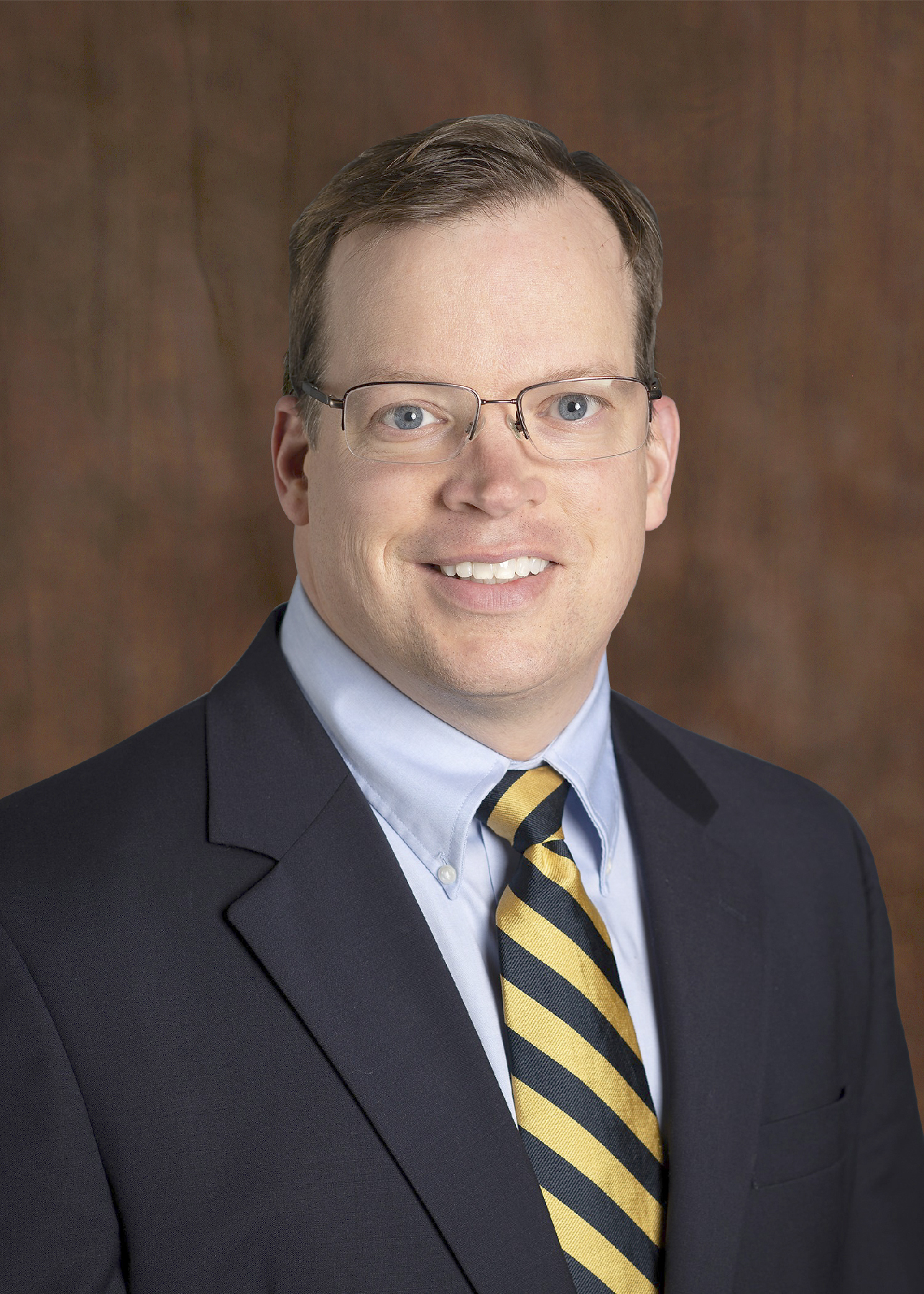Learning you have a medical condition can be stressful. Believing you have to go out of town to receive the care you need – putting your life into the hands of a doctor and staff you don’t know at an unfamiliar hospital, away from your regular support system of family and friends – adds to that stress. Not to mention the hours on the road and precious days of care lost in-between appointments.
Dr. David Lieber wants people to know who are facing the condition of a potentially cancerous tumor on one of their kidneys, bladder or prostate, that the medical care they need is here, no road trip needed.
“We have everything needed here at Blessing Hospital to care for these patients. They do not need to go to Springfield, Columbia or St. Louis,” he said.
Dr. Lieber is a board-certified, fellowship-trained physician, one of six Blessing Health urologists serving the needs of area residents.
He recently performed surgery on a patient with a mass on one of their kidneys, who believed they needed to leave the area for their care. At the out-of-town hospital, the patient was told the procedure would take 4-to-5 hours and require a 4-to-5-day hospital stay. The patient’s daughter suggested a second opinion from Dr. Lieber.
The patient followed their daughter’s advice, liked what they heard and had the surgery done by Dr. Lieber at Blessing Hospital.
“The procedure was done in an hour-and-a-half and the patient went home the same day,” Dr. Lieber said.
“I did a fellowship at Washington University in robotic care of kidney cancer,” he continued. “I have been doing the surgery for almost 20 years, and have taught resident surgeons how to perform the procedure.”
“I was pretty impressed…”
Mark Corrigan is another patient of Dr. Lieber’s. He knew nothing of the doctor’s ability to remove masses from the kidneys and bladder, but his primary care physician did. Tests showed Mark had a softball-sized tumor growing on his right kidney.
“He said that Dr. Lieber would be the person in Quincy who would do the best job of handling something like this,” the 64-year-old Mendon resident said. “I think he (primary care physician) felt that Dr. Lieber had the tools and techniques that I needed for what was going on with me.”
“I was very happy that my doctor recommended someone local and when I met Dr. Lieber, I was very pleased with him.”
Mark did some research on his own and found because of its size, the mass on his kidney had a 95% chance of being cancerous.
Dr. Lieber was aware of that fact, too. So much so that he scheduled Mark’s surgery for the day after their consultation appointment – a day that Dr. Lieber and his staff were scheduled to be off.
“I went to see Dr. Lieber for a consultation one day and had surgery with him 24 hours later,” Mark said. “I thought that was awesome and a little bit shocking that it was that quick. I was pretty impressed that he cared enough to do that.”
“Time was of the essence,” Dr. Lieber said. “With a tumor of the size Mark had, it needed attention sooner rather than later.”
With the size of the tumor, Dr. Lieber could have performed a traditional, open surgery to remove it. Instead he chose to do a combination of laparoscopic and open surgery to decrease the size of the incision needed and Mark’s recovery time.
The odds were wrong. Mark’s tumor was non-cancerous (benign). However, because of the tumor’s size, his right kidney had to be removed.
“The sheer size of the tumor was destroying Mark’s kidney and it was no longer working,” Dr. Lieber said. “Even benign tumors can destroy the kidney on which they are attached and be a risk for bleeding.”
Other times, the story ends differently
Not every mass requires removal of a kidney or bladder. Recently, Dr. Lieber performed surgery on a patient who had a small cancerous tumor on one of their kidneys.
“Using robotic surgery, I removed only the bad part of the kidney,” he said. “It’s like when you have an apple with a bruise on it. You can cut out the bruise and still can enjoy the apple. In this patient’s case, the kidney was functioning, except for the bad spot. We were able to go in robotically and trim out the bad section. The patient went home the same day.”
“This tumor was cancerous. But it appears all the cancer cells were removed and it is possible the patient will be disease-free for the rest of their life,’ Dr. Lieber added. “All indications are no further treatment will be necessary, but I will keep an eye on him for a long time.”
In addition to Dr. Lieber, Blessing Health’s Urology team includes Drs. Bill Severino, Bradley Holland, Richard O’Halloran, Greg McLennan and Garry Sandhu. For more information on the care they provide go to blessinghealth.org/urology.
